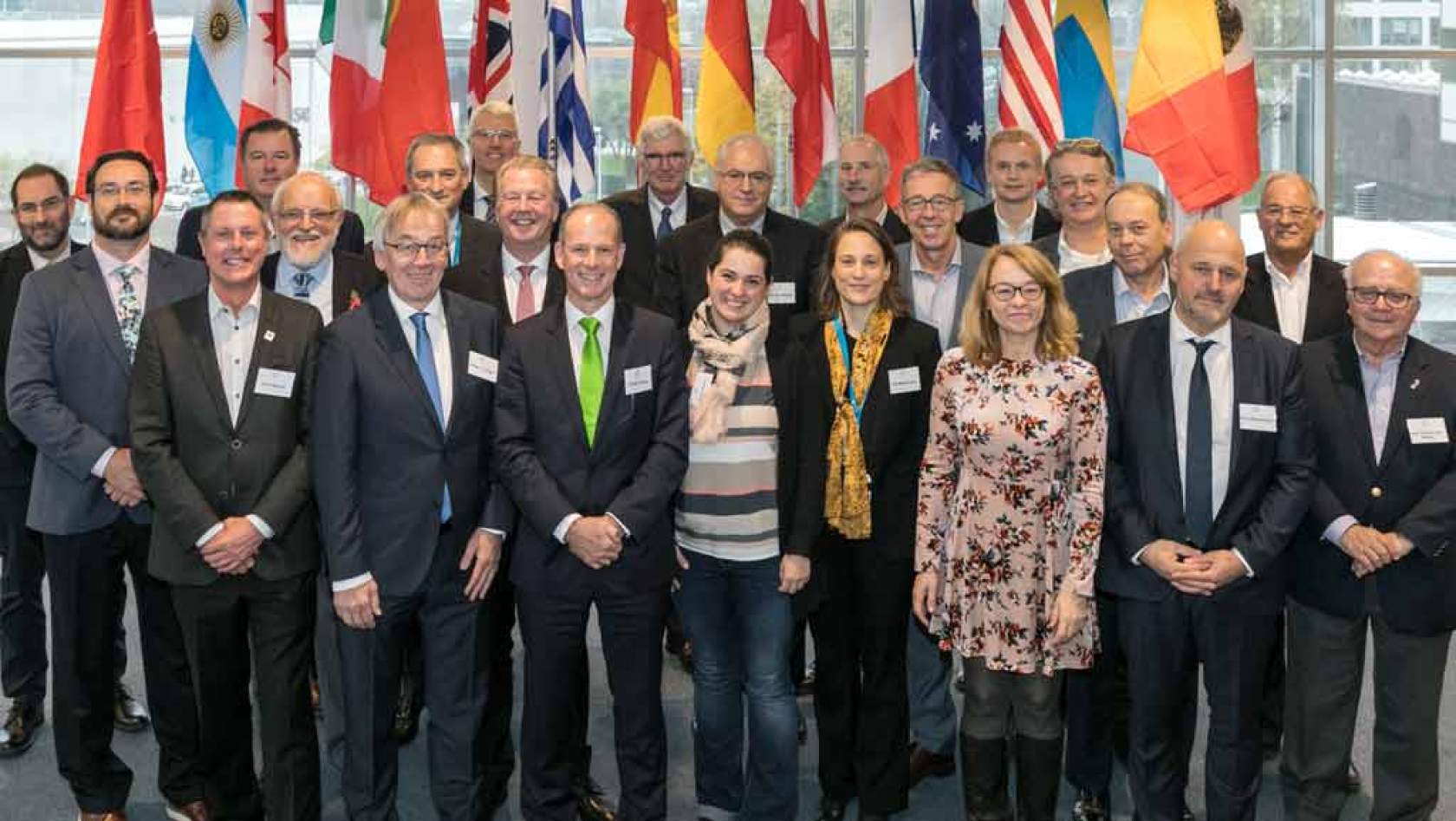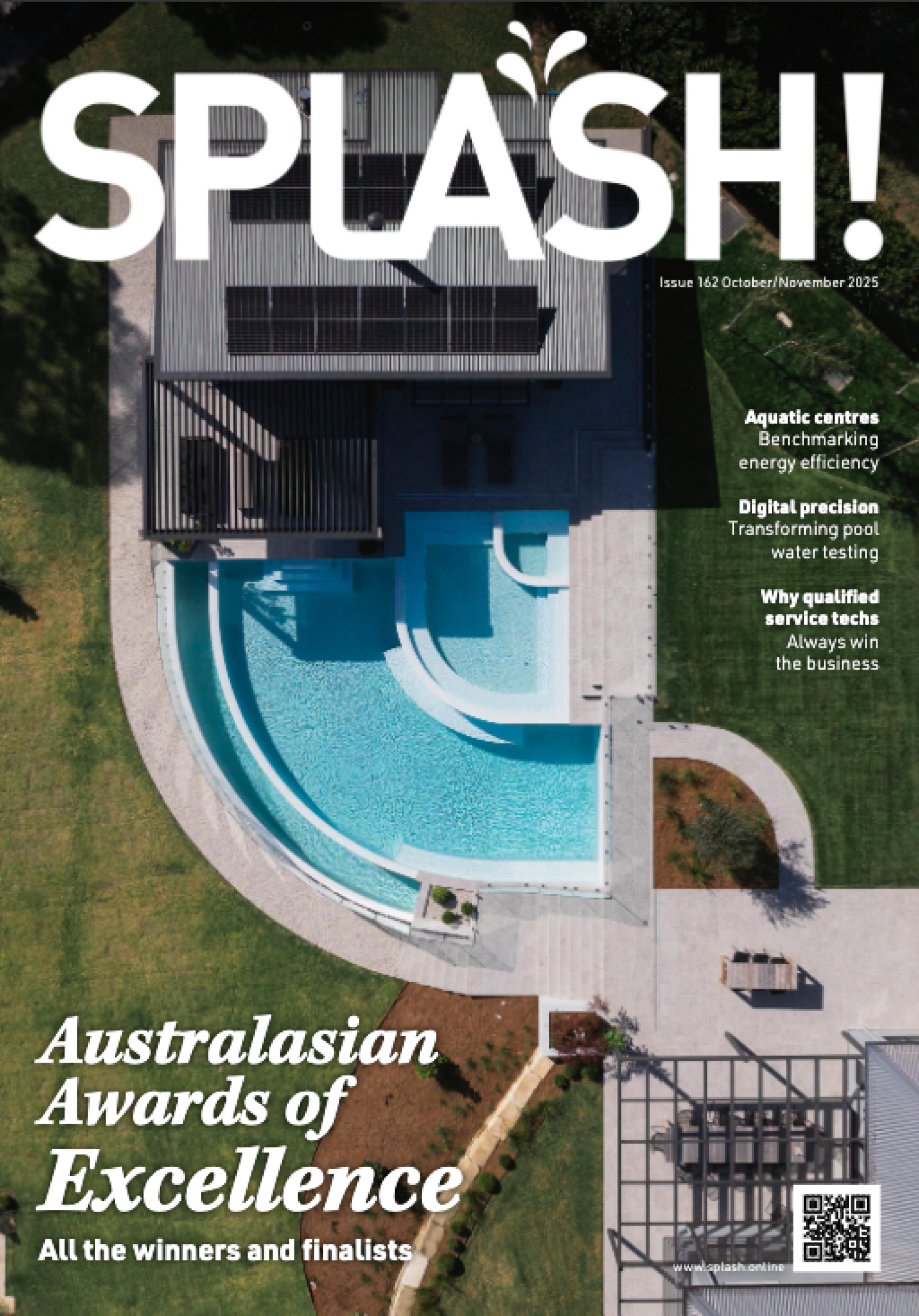World Alliance of Pool and Spa Associations formed

Representatives of swimming pool and spa associations from 16 countries around the world have formed a global industry alliance.
The meetings took place on November 8 and 9 in Cologne during the Aquanale conference. Australia was represented by SPASA Australia CEO Lindsay McGrath, and now joins the other 15 countries as members of the World Alliance of Pool and Spa Associations (WAPSA).
The foundation member countries are: Australia, Austria, Canada, France, Germany, Great Britain, Greece, Italy, Mexico, Portugal, Romania, Spain, Sweden, Switzerland, Turkey and the USA.
Hosting the meeting were vice president Bert Granderath and managing director Dieter C Rangol of the German Bundesverband Schwimmbad & Wellness (bsw), as well as Andreas Petridis, president of the European Union of Swimming Pool and Spa Associations (EUSA), Chris Hayes, managing director of the British Swimming Pool Federation (BSPF) and Rich Gottwald, president and managing director of the American Association of Pool & Spa Professionals (APSP).
The 16 members agreed to jointly form WAPSA as an informal working group, which would be open to swimming pool and wellness associations worldwide. Initially it is intended to concentrate on developing data and statistics on the global pool and spa market; increasing and sharing education and training content; and sharing best safety communications practices.
Global access to best practice
“The gathering was a wonderful culmination of likeminded associations,” says McGrath.
“A unified industry is not only a local issue, it extends internationally. Members want global access to research, data, best practice and leadership. We are excited that so many industry organisations are looking for the same partnerships that SPASA is searching for.”
Granderath describes the aims as pooling expertise, expanding networks and assuring quality, while Rangol elaborates, saying the joint mission is to promote and protect the interests of the pool and spa industry worldwide.
“A common structure can, for one thing, help the sector to improve its communication with politicians and government,” he says. “And for another it can provide impetus for further PR and marketing activities.”




